And if nothing changes, what's happening has some experts worried, because there may come a day when someone finds a way to make themselves immortal.
Billionaire Jeff Bezos and his plan to cheat death
As science continues to help people live longer—and that research is often funded. And who better to pour money into longevity research than global billionaires like Jeff Bezos? In 2022, the founder and former CEO of e-commerce giant Amazon made a major investment in Altos Labs, a biotech startup focused on “programming cellular rejuvenation to restore cellular health and resilience, with the goal of reversing disease and transforming medicine.”

Billionaire Jeff Bezos
So if the rich can live longer, the rich can stay richer longer, further increasing the imbalance between money, power and control, experts argue in a new Financial Times article.
“The longer you live, the more your wealth increases, and the richer you are, the more political influence you have ,” says Christopher Wareham, a bioethicist at Utrecht University in the Netherlands. He argues that longevity science will only widen existing gaps.
Meanwhile, efforts to slow human aging are not slowing down. The Institute for Aging Research at New York’s Albert Einstein College of Medicine claims to have moved beyond the hope of making anti-aging a reality and is now sitting “at the midpoint between promise and realization.”
The Financial Times article notes that private funding far outpaces public funding in anti-aging research. So if all the anti-aging advocates survive beyond their wildest dreams, the first people to benefit from this research will surely be funders like billionaire Bezos. And if the mega-billionaires have all the insights to not only apply anti-aging science but also make it available to the masses, then not only will the rich get richer, they will get richer forever.
Billionaire Jeff Bezos is said to have invested $3 billion in Altos Labs, arguably the largest funding ever for a biotech company.
Altos Labs has an impressive executive team that includes experts who have worked for GlaxoSmithKline, a UK healthcare company that primarily develops pharmaceuticals and vaccines; Genentech, a San Francisco-based biotech company that creates cancer antibodies; and the US National Cancer Institute.
Overseen by a team of luminaries in their field, Altos will open two labs in California. It will also open a lab in Cambridge, England, and collaborate with scientists in Japan. It will compete with San Francisco-based Calico Labs, another startup that is trying to “defy death.” Calico Labs is also backed by another wealthy tech entrepreneur, according to a report in MIT Technology Review . That’s Larry Page, one of the co-founders of Google.
Bezos is not the only investor who has put money into Altos. Yuri Milner, a Russian-born billionaire who made his fortune by backing Facebook, investing in the email service mail.ru and the Russian social network VK, is another backer. Milner now lives in Palo Alto, California, in the Los Altos hills, hence the new company's name. ("Los Altos" is a Spanish phrase that roughly translates to "the heights").
But what are Altos scientists actually doing? Since the company's launch announcement was short on specifics, we can only look to the research histories of some Altos scientists for some clues.
Shinya Yamanaka is a Nobel Prize-winning stem cell researcher with a medical degree, a doctorate in pharmacology, and has worked as a professor and then an administrator for decades. He heads the stem cell research department at Kyoto University and is in the process of joining Altos as an unpaid senior scientist.
He won the Nobel Prize in 2012 for his work on "reprogramming" cells, whereby cells can be created to reverse the development of stem cells.
In addition to Yamanaka, the group was joined by a rather disreputable scientist: Juan Carlos Izpisua Belmonte, whose lab applied Yamanaka's findings to mice. Belmonte has been scrutinized and criticized for his work on human-monkey embryo hybrids.
So how does billionaire Bezos fit into this project? So far, his involvement has only been confirmed through a large meeting on “how to use biotechnology to make people younger” that took place at billionaire Milner’s Los Altos estate in October 2020, according to MIT Technology Review . So the Altos announcement did not come with any comment from Mr. Bezos. However, news of this mega-billionaire pouring money into projects to find ways to help people live forever has been circulating for days and Bezos has remained silent, which can be understood as the news is completely grounded.
A groundbreaking scientific discovery : reversing death
Why do the rich think we can fight death? There are reasons for this, and in fact, there are medical successes that strongly support this idea.
On December 9, 2013, 13-year-old Jahi McMath checked into Children’s Hospital Oakland in California for a routine tonsillectomy. She suffered from sleep apnea, and her parents believed that removing her tonsils would improve her life, her sleep, and her relationships with her classmates. More than half a million people in the United States undergo the procedure each year. The vast majority have no complications. McMath was not so lucky. About an hour after waking up from surgery, she began coughing up blood.
By midnight, her oxygen levels had plummeted. Medical staff began frantically trying to intubate her, but McMath’s heart had already stopped. As journalist Rachel Aviv wrote in a 2018 New Yorker article, it would take several more hours to restore her heartbeat and breathing.
Two days later, doctors declared McMath brain dead. But her body was still warm and her skin was still soft, so the family disagreed. They fought in court to keep her on a ventilator. Eventually, they raised enough money through a GoFundMe campaign to move McMath to New Jersey, one of the few states that allows families to opt out of a declaration of death based on their religious beliefs. Sustained through a feeding tube and given supplemental hormones, McMath's body continued to grow and develop—and even began menstruating.
In 2018, Jahi’s family attorney announced that she had died of complications from liver failure. Five years after the tonsillectomy, “all parties agree that Jahi is in fact dead ,” said Michele Goodwin, dean and director of the Center for Biotechnology and Global Health Policy at UC Irvine School of Law. “ It’s a controversial case,” Goodwin said .

Technology helps 13-year-old brain-dead girl Jahi McMath “live” another 5 years
And it’s not an isolated case. Over the past 70 years, the process of declaring someone dead has become increasingly muddled. Scientific advances like ventilators and life support have made it harder to discern the line between being a human and being a functioning body. Now, shocking experiments on pigs and the development of an improved life support system called OrganEx are reigniting the decades-old debate about how our lives end. While OrganEx is not yet available for human use, it can reverse some of the cellular changes associated with death in pigs.
In studies, when pigs were hooked up to the system an hour after they had been dead, they appeared to be alive, with heartbeats and even movement. But the pigs still died? And if such a treatment ever worked in humans, what would happen to Jahi McMath? (To be continued)
Nguyen Xuan Thuy (Source: FT, PopMec)
Useful
Emotion
Creative
Unique
Source










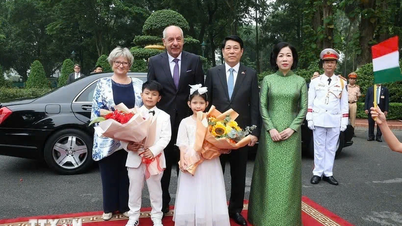

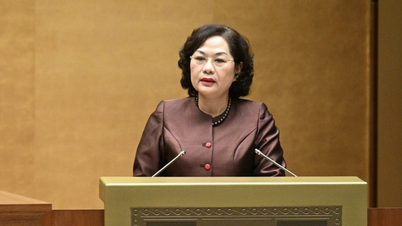

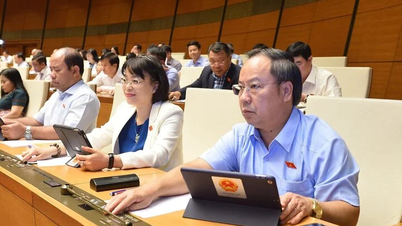




















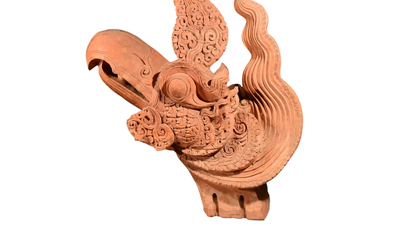




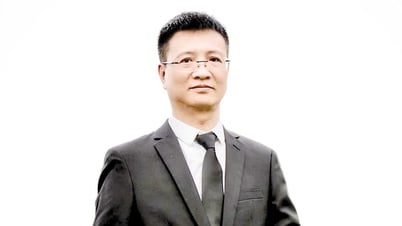

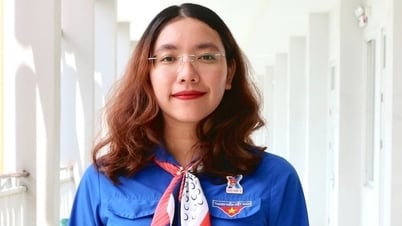
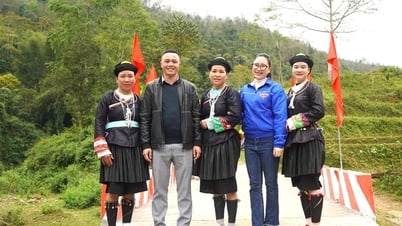

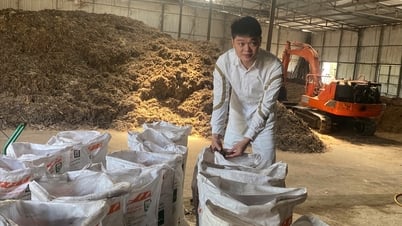

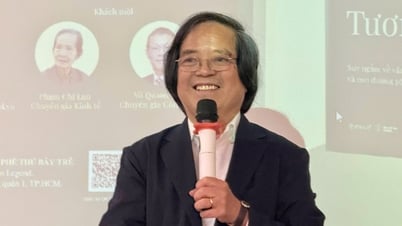











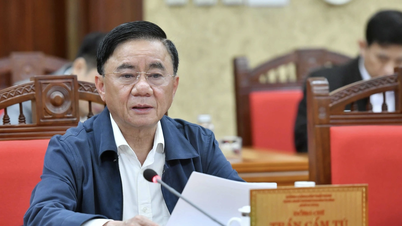


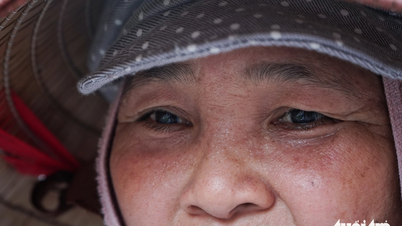



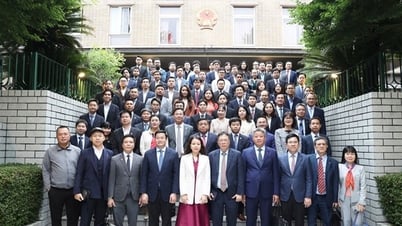





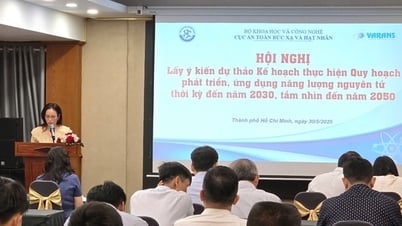



























Comment (0)